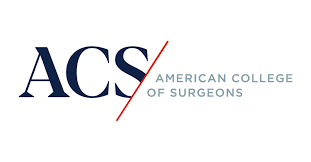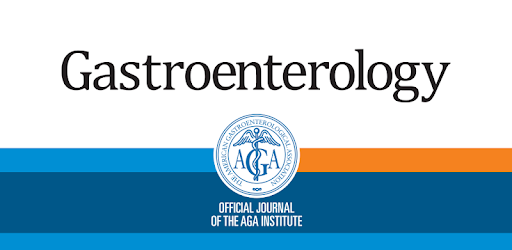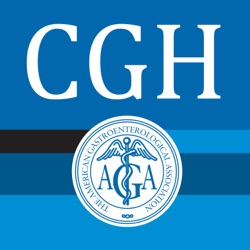Study: 3D-printed models improve shared decision-making in colorectal surgery

Editor's Note Research shows using 3D-printed anatomical models during preoperative counseling can improve patients’ involvement in shared decision-making (SDM) and reduced anxiety ahead of colorectal surgery, although only the improvement in SDM met the study’s threshold for clinical significance. Published June 3 in JAMA Network Open, the single-center trial included…
Study: Blood test detects colorectal cancer but misses most precancerous polyps

Editor's Note A new blood test shows promise in detecting colorectal cancer—the second leading cause of cancer deaths in the US—but was less effective at identifying precancerous polyps, according to a June 2 announcement from Kaiser Permanente. Not yet approved by the US Food and Drug Administration, the test is…
AMSURG launches nationwide campaign to spotlight rising colon cancer rates, urges early screening
Editor's Note Coinciding with Colon Cancer Awareness Month, AMSURG—a leading provider of ambulatory surgery center (ASC) services and GI care—has launched an educational push to boost colonoscopies and reduce soaring colon cancer rates, particularly among younger adults, a March 3 press release reports. The campaign highlights the lifesaving impact of…
Researchers recommend extending colonoscopy screening interval for low-risk patients

Editor's Note Individuals with negative colonoscopy screening (NCS) results face significantly lower long-term risk of colorectal cancer (CRC) incidence and mortality, suggesting the recommended 10-year rescreening interval could be safely extended for low-risk populations, according to a study published in JAMA Oncology. Healio reported on the results January 15. As…
First ACS cancer report highlights neoadjuvant therapy expansion, improvements

Editor's Note A significant increase in the use of neoadjuvant systemic cancer therapies is among the most notable findings from the first annual cancer report from The American College of Surgeons (ACS) National Cancer Database (NCDB). The report also emphasizes the value of early detection, innovative therapies, and robust datasets…
Study: Stool tests show promise in reducing colonoscopies for post-polypectomy colorectal cancer surveillance

Editor's Note Stool-based testing strategies could significantly reduce the number of colonoscopies required for post-polypectomy colorectal cancer (CRC) surveillance while maintaining equivalent long-term outcomes in cancer incidence and mortality, according to research published August 30 in Gastroenterology. Conducted in the Netherlands, the cross-sectional observational study compared three stool tests—multitarget stool…
Reassessing colonoscopy surveillance: Early- vs average-onset colorectal cancer

Editor's Note Early-onset colorectal cancer (EO-CRC), diagnosed before age 50, is increasing in incidence worldwide. Despite existing postoperative colonoscopy surveillance strategies, the optimal intervals for EO-CRC patients are unclear due to limited long-term data. This study, titled “Early-onset Colorectal Cancer Patients Do Not Require Shorter Intervals for Post-surgical Surveillance Colonoscopy”…

 Free Daily News
Free Daily News